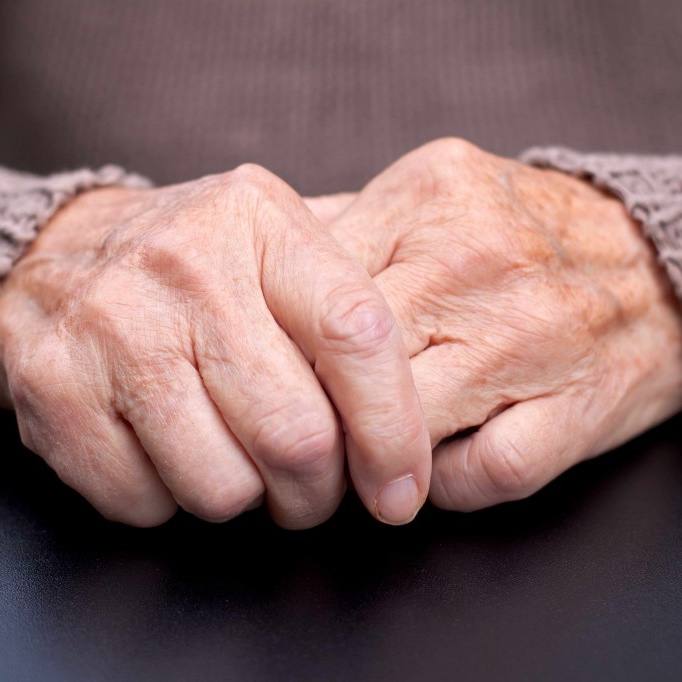-
Mayo Clinic Minute
Mayo Clinic Minute: How to use an asthma inhaler
If you have asthma, does it always seem worse in September? You're not alone. According to the Asthma and Allergy Foundation of America, the third week of September is considered Asthma Peak Week. The foundation says many more people are hospitalized for asthma shortly after the school year starts than any other time of year.
Dr. Jacqueline Squire, a Mayo Clinic allergist and immunologist, demonstrates proper technique for using inhalers to combat these asthma triggers.
Journalists: Broadcast-quality video pkg (1:06) is available in the downloads at the end of the post. Please courtesy: "Mayo Clinic News Network." Read the script.
When asthma symptoms flare, an inhaler is the first line of treatment. Different types of inhalers serve different purposes, and knowing how to use each type is key to breathing easier.
"There are short-acting inhalers, which is like our rescue inhalers," says Dr. Squire. "For more persistent asthma, we're going to recommend a daily inhaler."
Rescue inhalers, also called metered-dose inhalers, are pressurized to deliver medication fast. To get the most medicine in your lungs, Dr. Squire recommends using a spacer — a holding chamber between the inhaler and mouth.
"Place the spacer into your mouth and take a deep breath in," says Dr. Squire. "Hold your breath to at least the count of five. Ten is even better. Then slowly exhale. Repeat as needed."
Dr. Squire says the process differs slightly for dry-powder inhalers, which should not be used with a spacer.
"Place your hands on the side you want to avoid covering the opening on the top," says Dr. Squire. "With a dry-powder inhaler, you're going to take a little bit faster and deeper breath, compared to a metered-dose inhaler. Again, hold your breath to at least the count of five. Then slowly exhale."
Dr. Squire recommends that if you have any questions or concerns to ask your physician or other healthcare professional to review your inhaler technique.
Related articles
Related Articles







